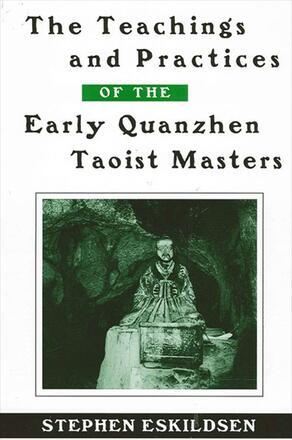
The Teachings and Practices of the Early Quanzhen Taoist Masters
Alternative formats available from:
Explores the religion developed by the Quanzhen Taoists, who sought to cultivate the mind not only through seated meditation, but also throughout the daily activities of life.
Description
Stephen Eskildsen's book offers an in-depth study of the beliefs and practices of the Quanzhen (Complete Realization) School of Taoism, the predominant school of monastic Taoism in China. The Quanzhen School was founded in the latter half of the twelfth century by the eccentric holy man Wan Zhe (1113–1170), whose work was continued by his famous disciples commonly known as the Seven Realized Ones. This study draws upon surviving texts to examine the Quanzhen masters' approaches to mental discipline, intense asceticism, cultivation of health and longevity, mystical experience, supernormal powers, death and dying, charity and evangelism, and ritual. From these primary sources, Eskildsen provides a clear understanding of the nature of Quanzhen Taoism and reveals its core emphasis to be the cultivation of clarity and purity of mind that occurs not only through seated meditation, but also throughout the daily activities of life.
Stephen Eskildsen is UC Foundation Associate Professor of Philosophy and Religion at the University of Tennessee at Chattanooga. He is the author of Asceticism in Early Taoist Religion, also published by SUNY Press.